With Elon Musk deciding to delete inactive Twitter accounts, we ask people who are keeping the social media accounts of their deceased loved ones alive, why does their digital legacy matter?
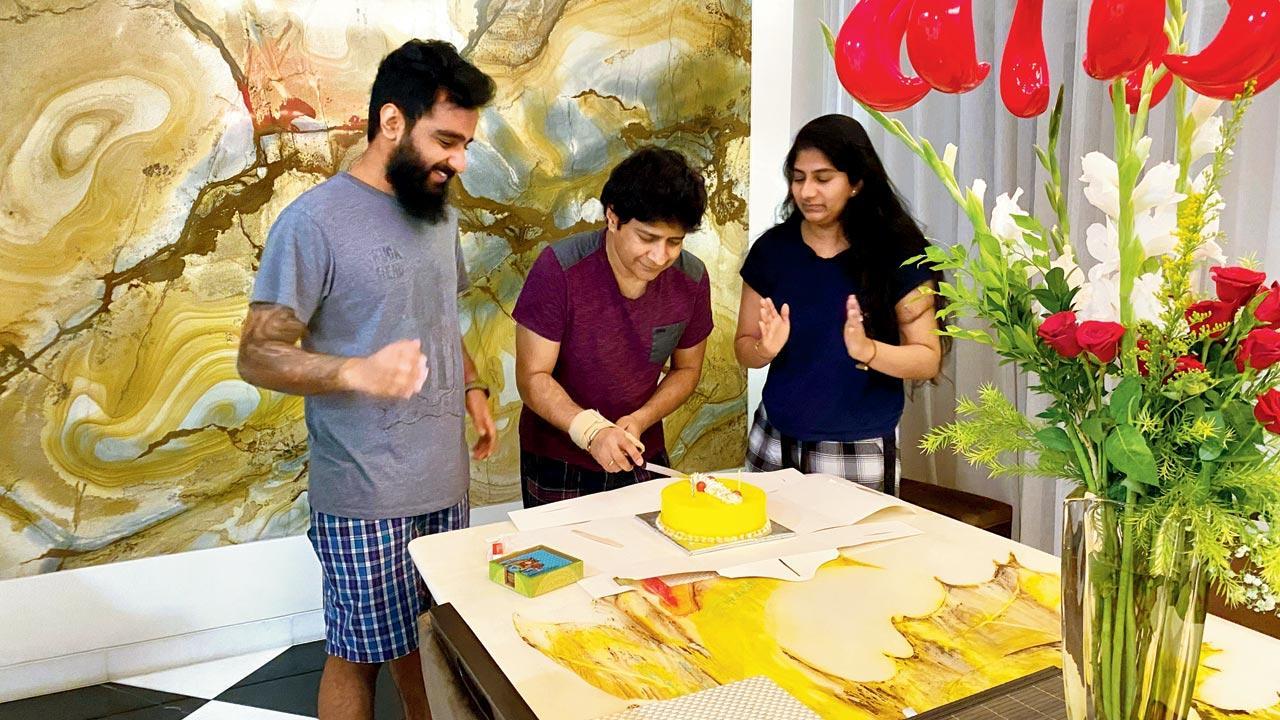
KK with his son Nakul and daughter Taamara. The family decides what to post on KK’s Instagram account and it is mostly to communicate with his fans
The last post on Bollywood singer KK’s Instagram account was in October 2022, roughly five months after his sudden death in Kolkata last May. “After he passed, I spoke to Nakul [his son], about what we should do with his account,” says Shubham Bhatt, KK’s manager, “and we decided to not deactivate it as it was a way to reach out to all his fans. We saw it as a means to communicate with the fans and put out messages whenever the family felt like sharing anything,” he says. The singer’s posthumous Instagram account is now of the many belonging to renowned artistes across the globe, who have an active account after their death.
ADVERTISEMENT
Last month, Elon Musk announced that Twitter will be “deleting and freeing name space” of 1.5 billion accounts that have been inactive. While this may be a helpful move for a social media platform, the emotional value of an account of a deceased person can only be understood by family and friends, and in some cases, fans and admirers. People often re-read tweets, or gaze lovingly at old posts of their loved ones on social media. It’s like in the times that existed before social media, people read an old diary or looked at photographs stuck in a scrapbook.
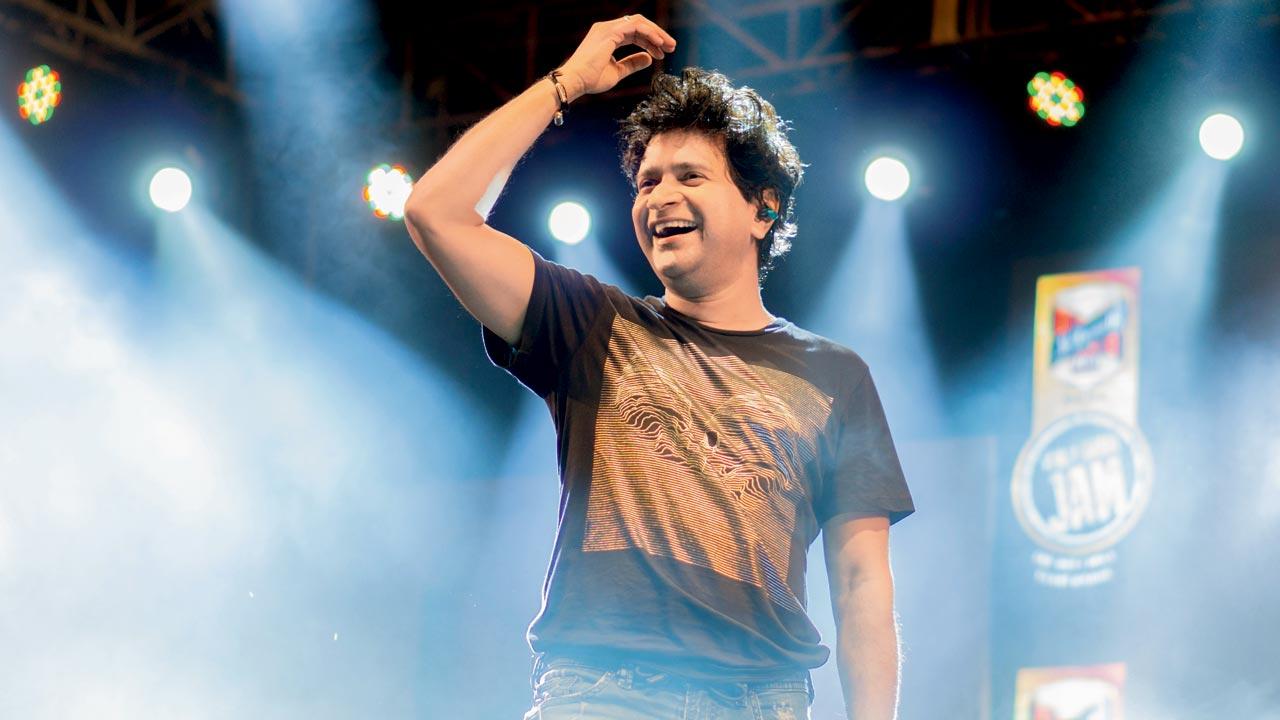
On Instagram, the accounts lay untouched, unless deleted by the user’s family. Some have the “Remembering” tag, which allows the account of the deceased person to stay on the platform, whereas Meta “memorialises” the accounts. Instagram’s memorial feature called “Remembering” was launched in 2020 during the COVID-19 pandemic. As per this feature, the word “Remembering” will appear above the name of the person. Currently, Sushant Singh Rajput who has 13 million followers on Instagram has the “Remembering” tag. We reached out to Meta and Instagram to know more about this, but did not receive any response from them.
Career counsellor Naheed Varma, 52, didn’t agree with that approach for her late husband’s account. Her husband, Raj, passed away in 2016 and since then, she has been trying to keep his account active. “I upload posts and tag him on our anniversary and his birthday,” says the Lucknow-based widow of a former journalist. “I also reshare posts which come up in my memories. The reality is that he is not here, but through his account, I can feel him... It’s the closest to what I can have next to imagining that he is still alive.” Varma admits that through his account, she reached out and got to know many people her husband knew either professionally or during his childhood. On his birthdays, his timeline becomes a space for people who knew him and want to wish him. “They continue to interact with him and share anecdotes. It’s a way of keeping the memory alive. His account is like a little comfort zone,” shares Varma. “My children also share their achievements on his timeline,” she adds.
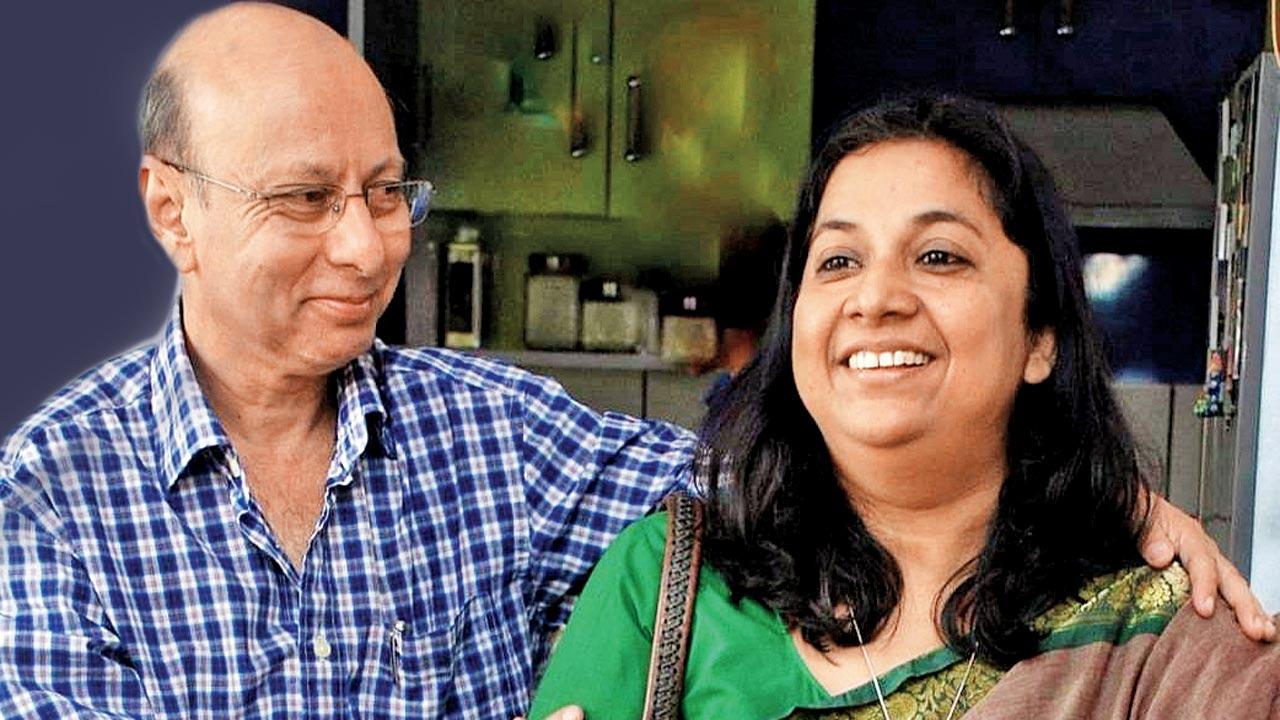 Naheed Varma keeps her husband’s Facebook account active by posting and tagging him on special days
Naheed Varma keeps her husband’s Facebook account active by posting and tagging him on special days
Keeping the memory alive is a reoccurring theme for most. KK’s son, Nakul Krishna, told Sunday mid-day over the phone that his father’s sudden death didn’t provide closure to many. “Even with dad’s fans, we felt that they would like to hear from dad’s family and it would be nice for us to update everybody whenever we could,” says Nakul, adding that much can’t be done if Twitter does go ahead with its plan of deleting inactive accounts. “In my case, if I have such an attachment to his Tweet, I would just take a screenshot and archive it for myself, but hoping that the platform will keep it alive is kind of like a pipe dream,” he says. Currently, KK’s feed relays information about tribute gigs organised in his memory. Nakul, who is 28 and a musician himself, shares that his father’s fans share videos and tag KK. “We tend to save the ones that we love, as we looked at dad more than just a performer. But having access to such a wide variety was nice because we don’t have access to such footage and sometimes, even when he sings for the audience, it seems that he’s giving us a message. It’s always nice to hear dad’s voice.”
For others, it’s about trying to figure what was going on in the lives of the ones who passed away, especially suddenly. A Bengaluru-based musician we spoke to often visits the profiles of his friends who died by suicide. “Few times every week, I go back to their accounts to see if I can see the sadness, or if I can pick a pattern or to figure out what lead to them to take their own life,” shares the 29-year-old. He is aware that this habit is not healthy. Sometimes, when he leaves a comment that could say, “come back”, “I miss you,” he later deletes them as he doesn’t want to worry mutual friends with his behaviour. However, he believes that if these accounts were to be deleted, he would always find other means to remember them, such as videos, photos or messages. Much like Girgaon-based senior journalist, Irene Fernandes, who shares that one part of her healing process after the death of her father last year was to recharge his phone, and keep it working. “From time to time, I see his messages and even regularly back them up. When you read those messages, there is no goodbye to it,” she says.
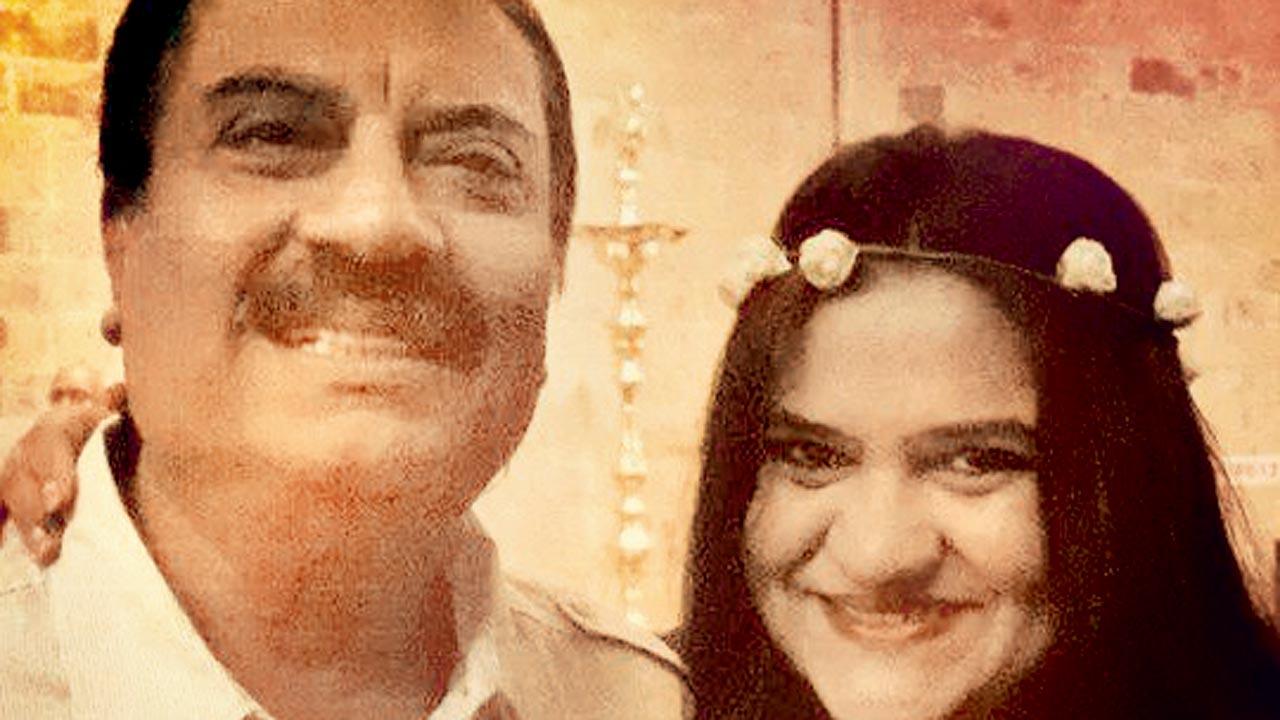 Irene Fernandes often calls herself from the number of her father who passed away last year
Irene Fernandes often calls herself from the number of her father who passed away last year
Marketing consultant Manveer Singh Malhi, who has been in the field for 14 years, says that social media platforms can create an archival option for people who have passed on. “They also need to ensure that these accounts are not hacked and there should be some sort of protection or policy for that.” Another challenge for Twitter, says Malhi, is that as a business, they need to maintain an active user base for which the system needs to move. “Inactive accounts take up a lot of resources in terms of maintaining the username and storing the content.” Differentiating between inactive spam accounts and inactive accounts of the deceased can be tricky.
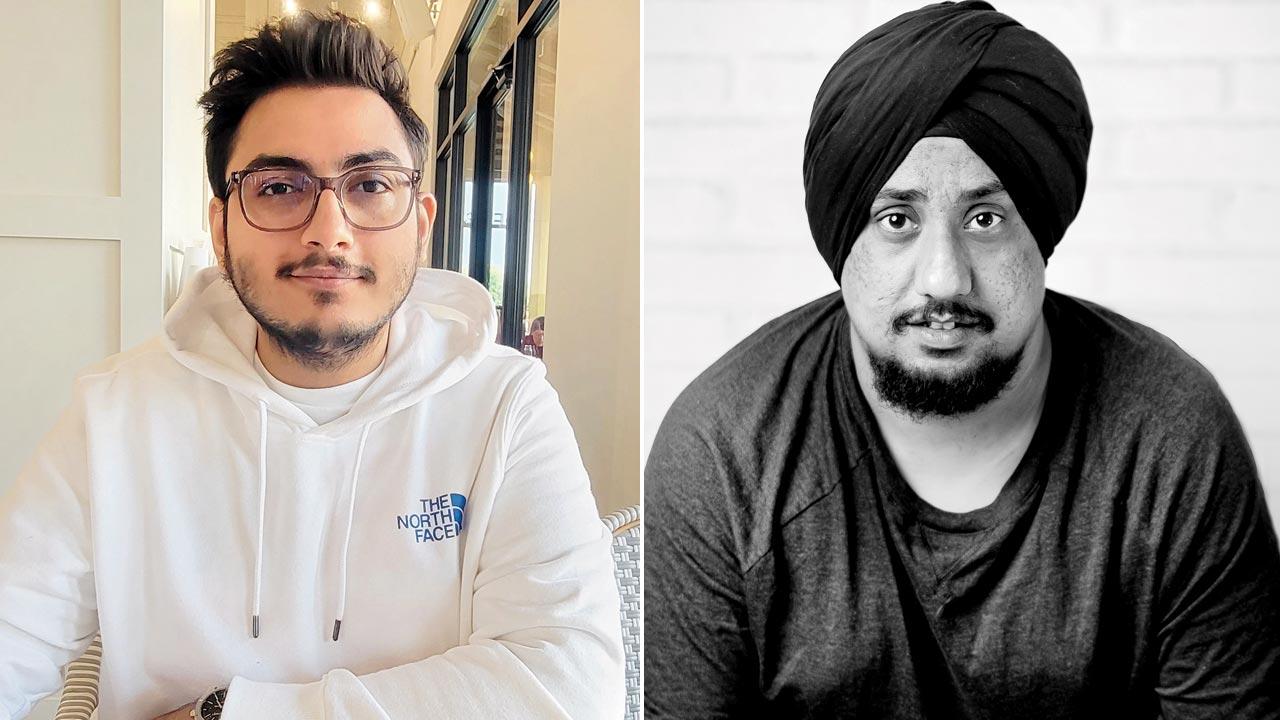 Shubham Bhatt and Manveer Singh Malhi
Shubham Bhatt and Manveer Singh Malhi
For people, says Varma, social media accounts are “illusionary but also comforting in some way”. As she says, “It is a bubble where you want to go back and share grief.” She also notes that social media now acts a memory on record, because, “most people don’t carry photo albums and just upload all their pictures on social media”.
The healthy way to grieve?
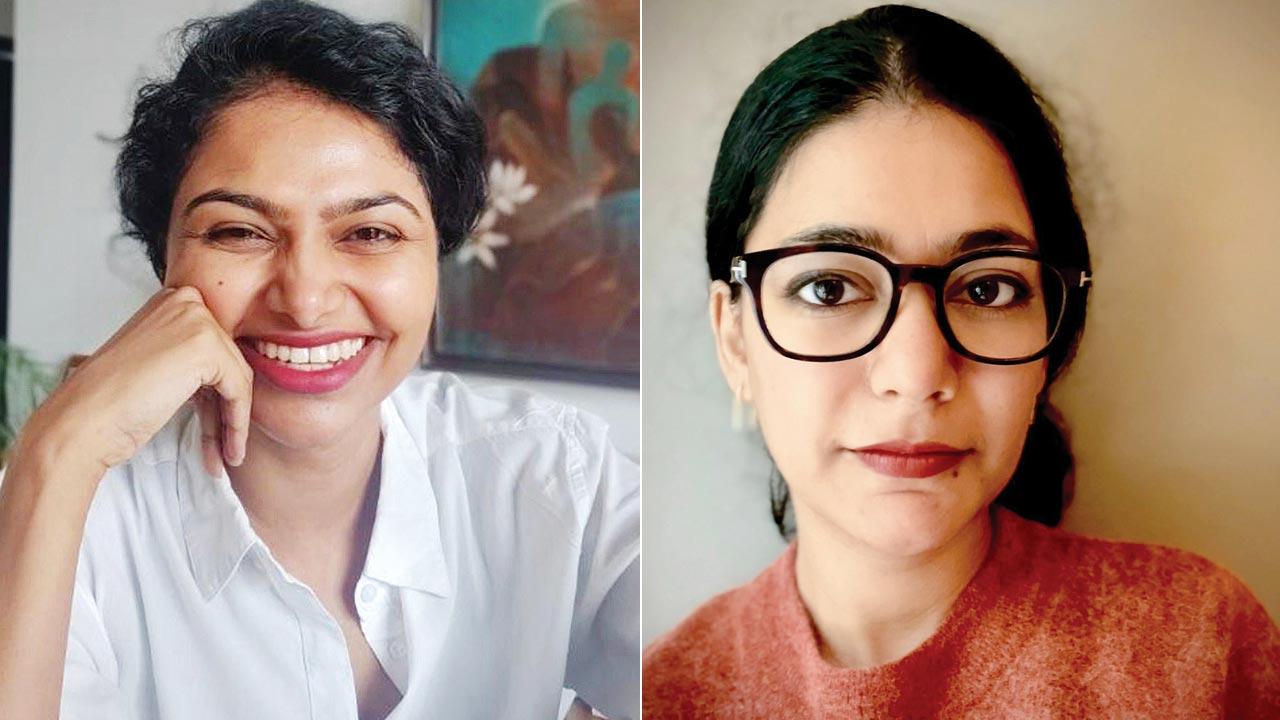 Ann Philipose and Dr Nivida Chandra
Ann Philipose and Dr Nivida Chandra
Ann Philipose, clinical psychologist and Dr Nivida Chandra, founder and psychologist at KindSpace.in, an organisation which facilitates support groups for grief, believe that, “there is no one way to grieve. Posting on social media allows friends and family to share memories and support each other.
When we interact with a loved one’s social media account, we are keeping them alive within us. There is a beautiful, benign hope that somehow we can reach them through the ether. Some others may choose to hold on to a watch or reading glasses or clothes. There is nothing inherently healthy or unhealthy about this. It’s a part of a process of finding a way to live both with and without them at the same time. Using social media to grieve can be part of bereavement support, which can include talking to a mental health professional, being supported by family and friends but perhaps not only in lieu of. We must not be quick to dismiss the connection that social media might bring. With respect to losing access to the digital lives of their lost ones, it may be upsetting, disorienting or even a relief for people. It’s not for us to judge, but instead support.”
 Subscribe today by clicking the link and stay updated with the latest news!" Click here!
Subscribe today by clicking the link and stay updated with the latest news!" Click here!







